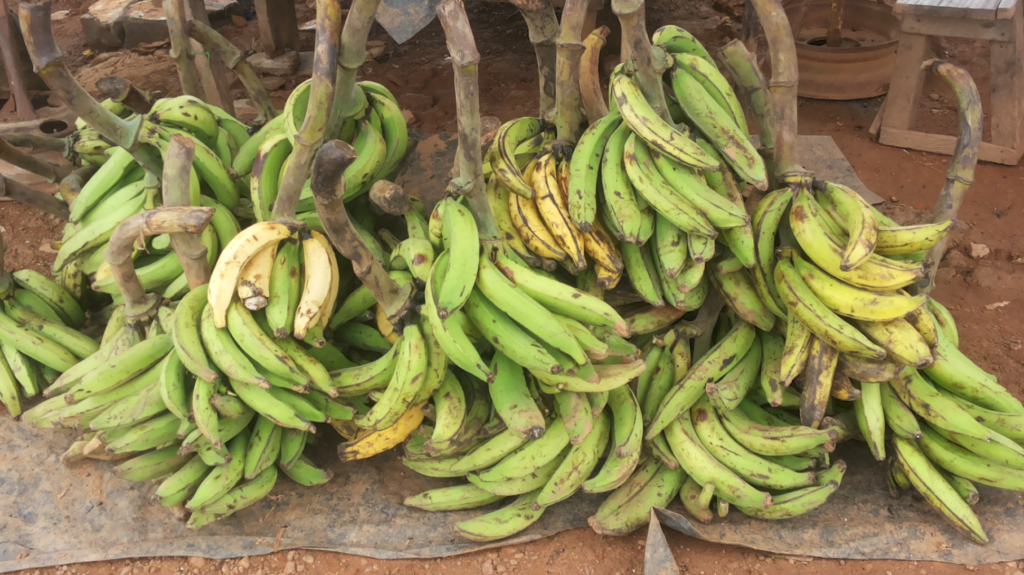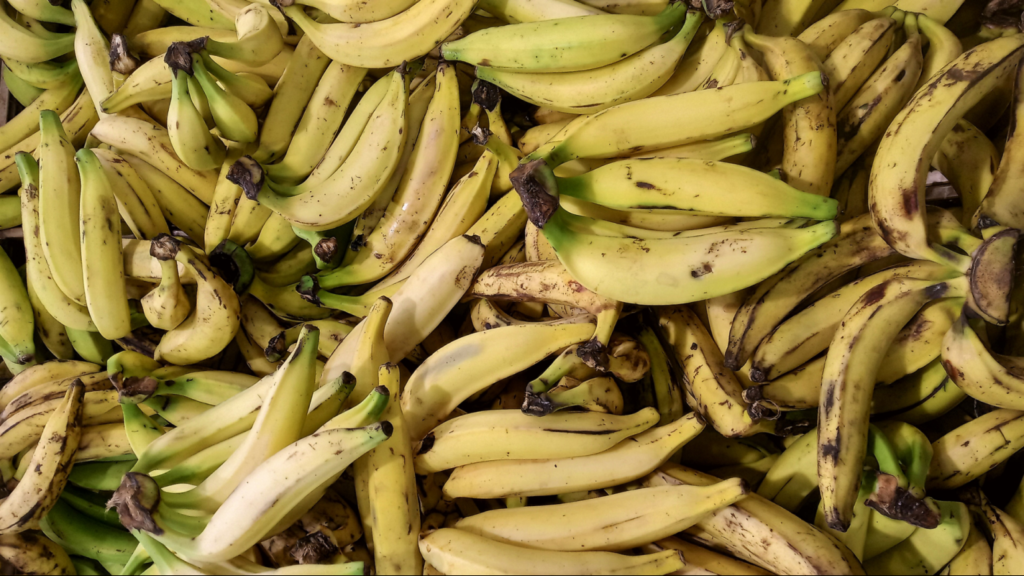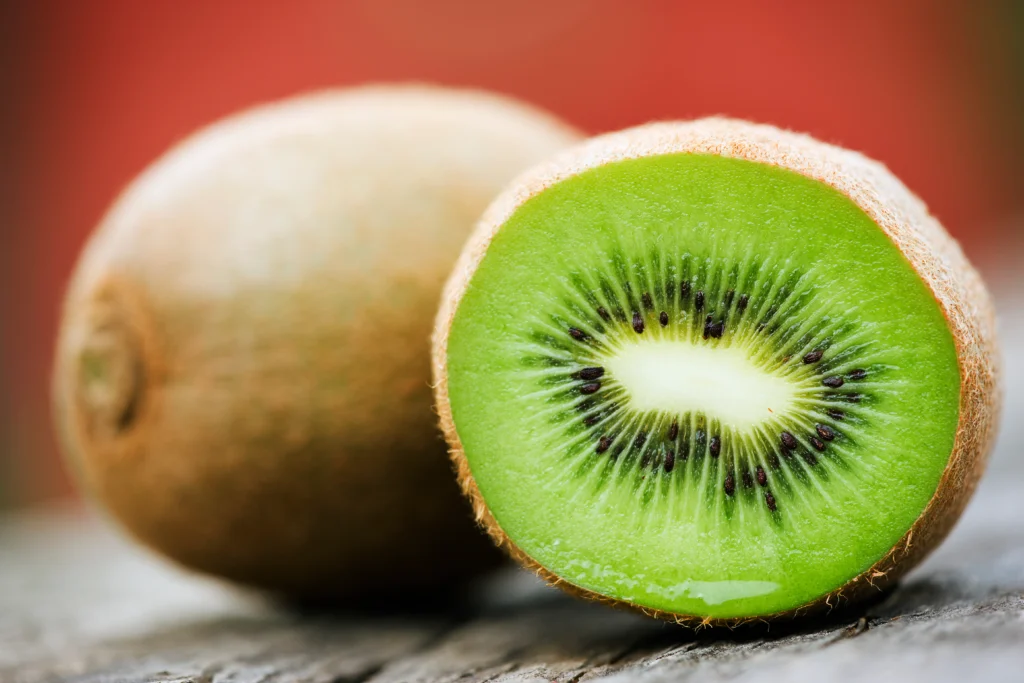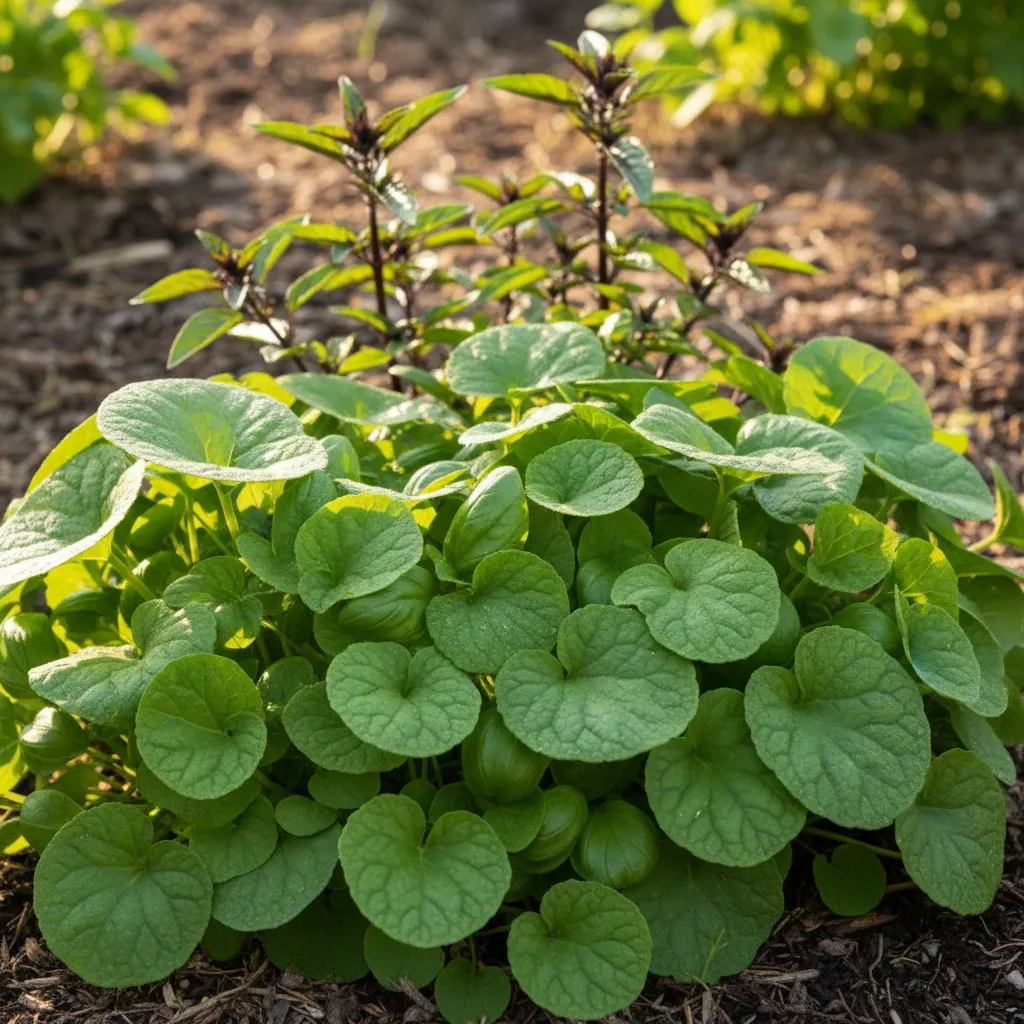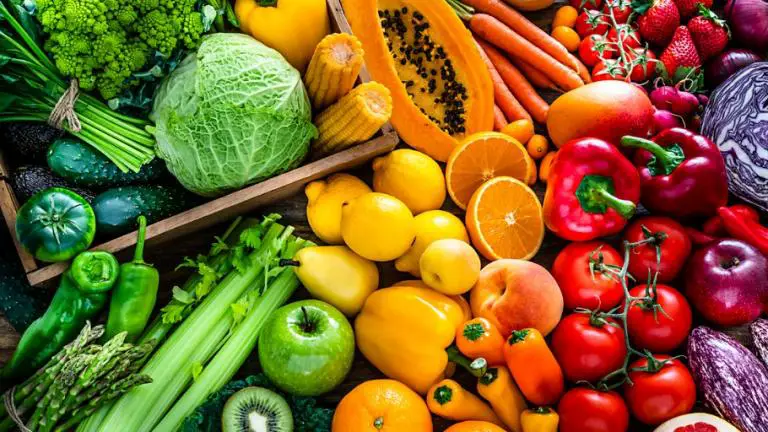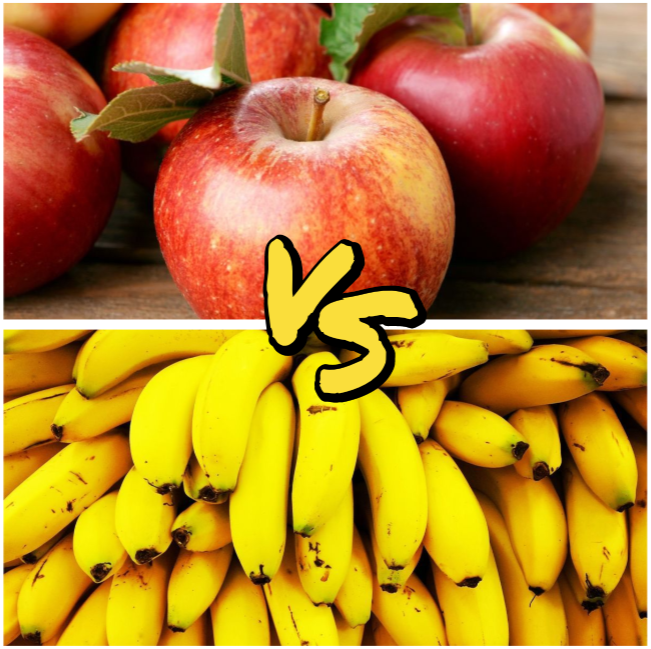Apricots are small, sweet fruits with a soft, furry skin. They are orange-yellow in color and have a unique taste. Some people love to eat them, but do apricots grow in the tropics?
In this article, we will learn a lot about apricots. We will look at what makes a fruit tropical, where apricots come from, the kind of weather they need, and the good stuff they have in them. We’ll also see how they can be used in cooking, get some tasty recipes, learn how to pick the perfect apricot, find out how to store them properly, and discover some fun facts about this fruit.
Table of Contents
- What Makes a Fruit Tropical?
- How Are Tropical Fruits Different?
- Are Apricots Tropical Fruits?
- Where Do Apricots Come From?
- What Weather Do Apricots Need?
- What’s Good About Apricots?
- Health Benefits of Apricots
- How to Cook and Eat Apricots
- Some Yummy Apricot Recipes
- Choosing the Perfect Apricot
- Keeping Apricots Fresh
- Fun Things to Know About Apricots
- Summing It All Up
- FAQs
- Can apricots be grown in tropical regions?
- Are apricots high in sugar?
- Can apricot pits be consumed?
What Makes a Fruit Tropical?
Tropical fruits grow in the warm, wet places near the middle of the Earth, right around the equator. These places usually get a lot of rain and the weather stays hot all year round.
These fruits are often known for their strong tastes, bright colors, and special smells. They also have vitamins and other good things that are important for our health.
How Are Tropical Fruits Different?
Tropical fruits are juicy and soft. They can taste sweet or a bit sour and have a lot of healthy stuff like vitamins, minerals, and things that our bodies need to fight off sickness. They are yummy and good for us, too.
Are Apricots Tropical Fruits?
Apricots are not tropical. They come from places that have different seasons and cooler weather than tropical areas.
Where Do Apricots Come From?
Apricots have been around for a really long time. They started growing in China a long, long time ago. Then people brought them to what is now Iran and from there, they went to places around the Mediterranean Sea and all over Europe. Different people have liked apricots for many, many years.
What Weather Do Apricots Need?
Apricot trees like places that are not too hot or too cold. They need cold winters to help them wake up in spring and make fruit. The trees also like soil that lets water run through it so their roots don’t get too wet.
What’s Good About Apricots?
Apricots are tasty and healthy. They don’t have a lot of calories and they’re full of fibers that help your stomach work well. They also have vitamins and things like potassium that are important for keeping your body strong.
They have vitamin A which is good for your eyes and helps you fight off germs and vitamin C, which is also good for your body.
Health Benefits of Apricots
Eating apricots can do a lot of good for your health. The fiber in them helps you digest your food and keeps you regular. The special stuff in apricots that keeps you from getting sick can also protect you from diseases that last a long time. They’re even good for your skin and can help keep you looking young.
How to Cook and Eat Apricots
Apricots are great in many kinds of food. You can eat them just as they are, put them in a salad, or on top of things like yogurt or breakfast cereal.
When you bake with apricots, they can make things like cakes and pies taste sweet and stay moist. You can also dry them and eat them as a snack, or mix them into things like trail mix or granola snacks.
Some Yummy Apricot Recipes
- Apricot Almond Tart
- Sweet Grilled Apricot and Cheese Salad
- Chicken with Apricot Sauce
- Homemade Apricot Chutney
- Apricot Breakfast Smoothie Bowl
Choosing the Perfect Apricot
When you’re picking apricots, look for ones that are bright orange and feel a little soft when you gently press them. They shouldn’t be really hard or have bruises. The best ones will smell sweet and ready to eat.
Keeping Apricots Fresh
If an apricot isn’t completely ripe yet, it’s best to leave it out at room temperature. When it’s ripe how you like it, then you can put it in the fridge to stay fresh longer.
If you want to make apricots ripe faster, put them in a paper bag in a warm spot. This traps a gas called ethylene which helps the fruit get ripe. Just make sure not to put them near other fruits that don’t like this gas because it might make them go bad too soon.
Fun Things to Know About Apricots
- Apricots are related to peaches, plums, and cherries. They are all part of the Rosaceae family.
- People have been growing apricots for more than 4,000 years!
- The middle part inside an apricot, called the kernel, has something in it that turns into a tiny bit of poison when you eat it. But don’t worry, it’s usually okay to eat a little bit of it.
Summing It All Up
So, apricots don’t grow in tropical places, but in cooler climates. They are a special fruit with a great taste, soft skin, and lots of good vitamins. You can enjoy apricots in different ways, whether they’re fresh, in your favorite recipes, or dried as a snack.
Whether you eat them fresh or dry them to nibble on later, apricots add a special sweet flavor and flexibility to cooking. Enjoy the deliciousness of apricots and discover their wonderful qualities.
FAQs
Can apricots be grown in tropical regions?
Are apricots high in sugar?
- co'esin pots, but you have to take really good care of them. Pick the small kinds that are ok to plant in pots, make sure they get lots of sun, and check that the water doesn’t sit in the container.


